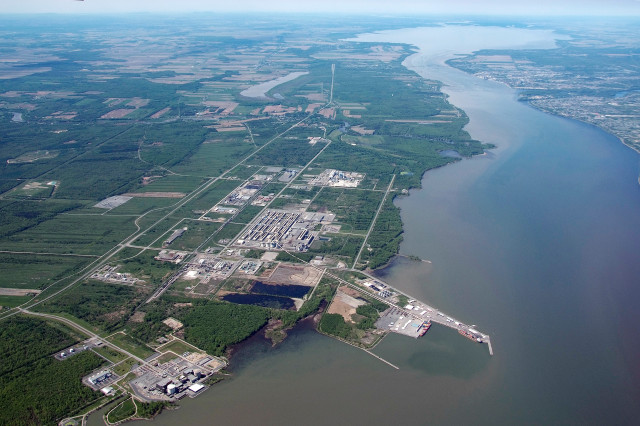Germany-based BASF's Catalysts division has announced the signing of an agreement to secure land for its future cathode active materials (CAM) and recycling site in Bécancour, Quebec in Canada, as part of its commitment to support North American producers in their transition to e-mobility.
The investment is intended to further enhance BASF's CAM production footprint in North America by complementing its existing manufacturing sites. The new site allows for ample space to expand up to 100 kt CAM per year with potential for fully-integrated precursor cathode active materials (PCAM) supply.
The site will also be well connected to BASF's global metal sourcing network with provision for a nickel and cobalt intermediates base metal refinery and recycling of all battery metals (including lithium), the company said. Subject to necessary approvals, BASF targets project commissioning in 2025.
The company says that the opportunity for potential future upstream investment integration supports its strategy to build an integrated, closed-loop battery materials ecosystem in all key regions.
"With new investments in electric vehicles and supporting infrastructure being announced continuously in North America, we are pleased to pursue our own investment in the region," said Dr. Peter Schuhmacher, President, Catalysts division.
"This land acquisition is a necessary prerequisite to further advance our strategy to grow our footprint in key regions to better serve our customer's operations with sustainable and reliable local supply. We look forward to supporting the e-mobility transition in the United States, Canada, Mexico and beyond."
With an ideal location along the Saint Lawrence River between Montreal and Quebec City, the new site offers favorable conditions for highly efficient logistics and it would rely on competitive hydropower to further reduce the carbon footprint of its products compared to the industry average, according to BASF.
Read More

